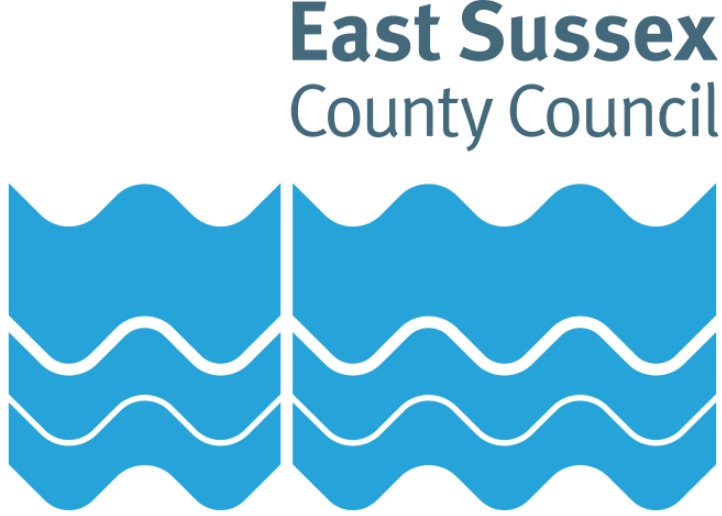East Sussex councillors are meeting this week to discuss proposals for a major reorganisation of local government – the biggest changes since 1974 which saw Rye Municipal Borough being abolished. The possibility of postponing this year’s local elections is also being debated.
On Thursday, January 9 East Sussex County Council is expected to hold an extraordinary meeting to discuss how the authority’s leadership should respond to government devolution plans, which include proposals to create new strategic authorities in England.
These proposals, which were set out in a white paper from deputy prime minster Angela Rayner last month, would result in the abolition of East Sussex’s current two-tier system, which sees powers and responsibilities split between district and county councils.
As part of this the government has given councils until January 10 to express interest in joining the Devolution Priority Programme — a scheme intended to rapidly set up the new combined authorities in time for the next round of local elections in May.
East Sussex County Council’s cabinet is due to discuss this invitation later the same day, with the extraordinary meeting expected to influence what response its members give to central government.
As part of this meeting, cabinet members are expected to discuss whether they request a “postponement” of the upcoming county council elections due to take place in May in light of the reorganisation plans.
In its white paper, the government says the abolition of two-tier systems are necessary as “new architecture” is needed to deliver its plans to devolve more powers away from Westminster. The government document also includes proposals for mayors which may include Sussex.
The government says the new combined councils would need to be “the right size to achieve efficiencies, improve capacity and withstand financial shocks”, which the white paper sets out as areas with a population of 500,000 or more in most cases.
Critics, including several district council leaders in East Sussex, argue authorities of this size would result in power being taken away from local communities.
Hastings Independent councillor Paul Barnett, who had formerly been the leader of Hastings Borough Council initially as a Labour councillor, is one of those opposed to the plans. “Just look at the state of our roads, youth services, and adult social care. Now, they expect us to believe this distant mega-authority will suddenly deliver for Hastings? It’s a scam! A Labour government pretending this [provides] more local powers, but it’s the exact opposite.”
A spokesperson for Rother District Council – which could be abolished under the new proposals – told Rye News: “We have good working relationships with all our local government partners, and will be discussing the government’s proposals with them in the coming weeks. We believe local decision making is key to serving local people and we will continue to work in the best interests of the people of Rother.”
Image Credits: ESCC .




Definition of devolution:
1. the transfer or delegation of power to a lower level, especially by central government to local or regional administration.
2. descent to a lower or worse state.
I wonder which of these definitions will apply? I can’t help feeling it will be the latter. The decision making by this mega-authority, with a population comparable to that of Luxembourg, Malta and Montenegro combined, will be anything but local. It reminds me of a situation a couple of years ago, where a man was shouting abusively and gesticulating at passers-by outside of Jempsons in Rye. I rang 999 to report this to Sussex police, only to be asked: ‘where is Rye?’ and then was asked to go up to the man to find out if he might be violent. Incredulous, I hung up. This is what ‘efficiency’ looks like in practice. As for democracy, we can all wave good-bye to that.